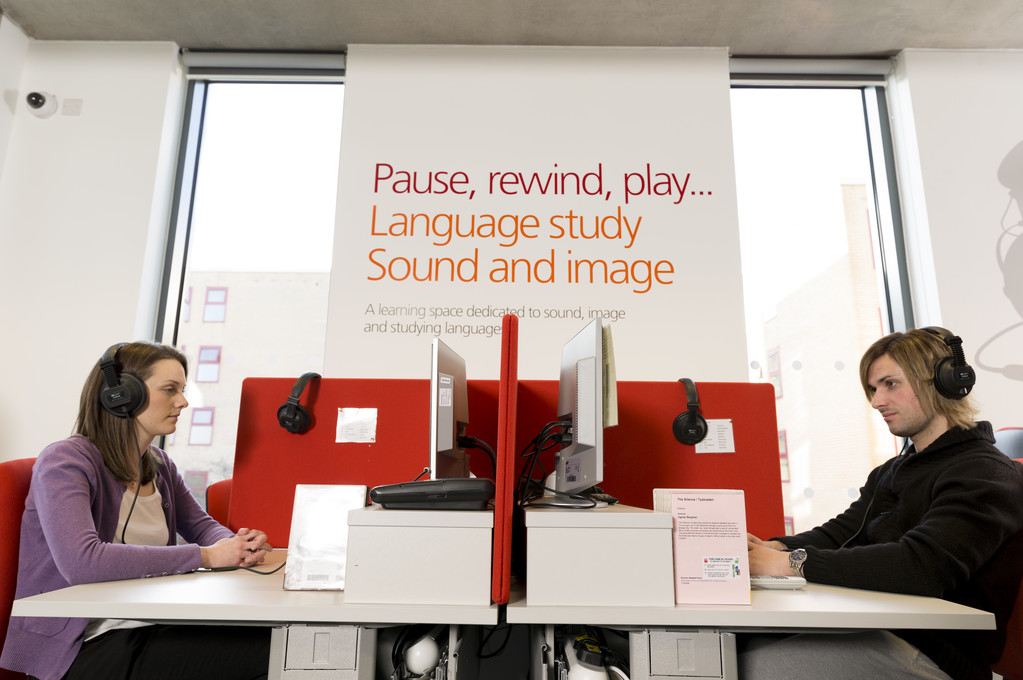Technological innovations are a Colossus of the modern world.
As they reinvent the workplace, the economy and the way we live and interact with each other, humanity is evolving accordingly. Technology is so pervasive that it sometimes seems like it is all we need anymore – supplanting human interaction and even the human brain.
Further, with an increasingly changing and competitive job market, the appeal is growing of vocational and professional subjects – business, medicine or science, for example — that may give students a faster track to a stable career with identifiable progression.
These two factors are contributing to a decline in numbers of students studying the humanities.[1]
Some years ago, a colleague and I were discussing the merits of a more focused and job-centric educational system versus the liberal arts approach of the US. ‘Surely it makes more sense,’ I posited, ‘to study with a goal and qualification in mind? Then you have an outcome you can build on.’
My colleague countered, ‘But do you want to be qualified? Or do you want to be Educated?’
The idea of ‘Education’ means something different to nearly everyone, depending on their personal aspirations and opportunities. My colleague’s question made me consider the specific role of the humanities in our lives and in our cultures.
The humanities can be described as the study of how people process and document the human experience.[2] The humanities matter greatly, because culture matters fundamentally to society; in the words of the composer Ralph Vaughan Williams, ‘The arts are the means by which we look through the magic casements and see what lies beyond’.

The humanities remind us that we are all artistic and creative beings, no matter what career or qualification we pursue. They emphasise the interconnectedness of human thinking and broader experience, and in doing so they act to counterbalance those elements of technologies that isolate us from each other.
In my view, humanities and technology are two sides of the same coin in the history of human civilisation.
In the era of big data, human genome, AI and the robotics revolution, we need to constantly look to the humanities to search for answers to the ethical, legal and social implications of such technologies to enable them to be of value to human society. In this sense, we need to humanise technological innovations so that they are explainable, understood, embraced and used in beneficial ways to society and the environment we live in.
The humanities are also playing the ‘long game’: ‘true study and appreciation of the humanities is rooted in slowness – in the kind of deliberate education that can be accrued over a lifetime. [This] can seem almost antithetical at times to the pace of modern life’.[3] I see this in our University of Surrey website’s news pages: the stories about our research advances in the Health Sciences and in Engineering and the Physical Sciences far outnumber those from our Faculty of Arts and Social Sciences. This isn’t because less is happening in the latter Faculty, nor because what is happening is somehow less important. Far from it. Indeed, we have a number of important areas of humanities and social sciences, in which our academic programmes shine — be it our fabulous Guildford School of Acting, or the multi-award winning music Tonmeister programme, or the literature and languages departments with world-leading research and translation capabilities. However, the impact of the humanities tends to make less of a ‘splash’ than breakthroughs in medical research that have instant implications, or technology that is transforming outer space and capturing the public’s imagination.
And yet, the humanities give us the context for experiencing, understanding and appreciating the value of all of this.

Eric Berridge, in his excellent TED Talk ‘Why Tech Needs the Humanities’, takes it one step further to declare that in fact technological innovation is not possible without the intuition and insight that the humanities encourage and develop. His argument is that nowadays technology itself has become so intuitive, that the skills ‘that help us work together as humans: envisioning, real world experience, judgement and historical context’ not to mention communication and articulating needs, have supplanted skills like coding in their importance to technological innovation.
Culture is our collective and inimitable expression of who we are, how we feel and relate to each other, and what we do. It comprises art and technology. The humanities are thus integral to the development of both.
As we increase our interdisciplinary endeavours both here at Surrey and in academia worldwide, we recognise that no one sector is blessed with all the answers; more and more, we are looking to collaborations of humanities and STEM disciplines to add value to our research, knowledge and understanding. Long may it continue – it’s our best chance to build a better future for society.
[1] https://www.theatlantic.com/entertainment/archive/2016/06/learning-to-be-human/489659/
[2] http://shc.stanford.edu/what-are-the-humanities
[3] https://www.theatlantic.com/entertainment/archive/2016/06/learning-to-be-human/489659/
